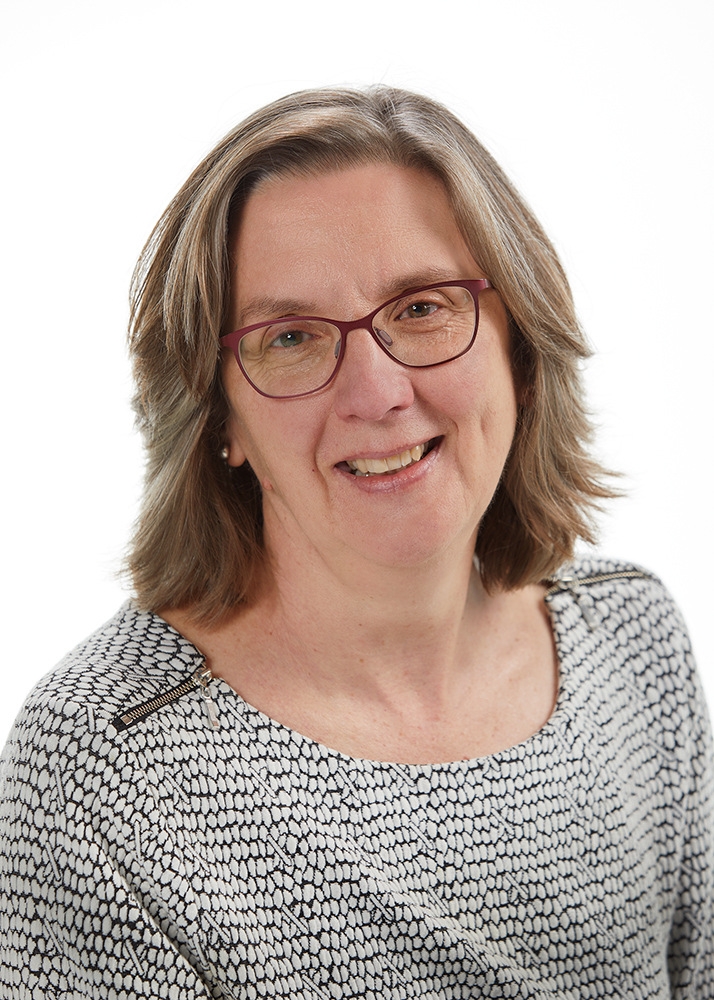In a recent paper coauthored with Oz Shy, I wrote about the payments behavior of US adults 18 and older who have neither a credit card nor a bank-account-linked debit card, although they may have a prepaid card. These adults could have a bank account, so they are not necessarily unbanked. They just do not have a credit or debit card.
As you might expect, people in this group make about seven of their 10 monthly payments using cash and are more likely than other consumers to pay bills with cash. What might surprise you is that they do report making a small number of payments either with a credit or bank-account-linked debit card. How can that be?
It turns out that, as a percentage share of all their payments, consumers without cards make more payments to other people (person-to-person payments, or P2P) than do consumers with cards. Although these consumers do not themselves have cards, they may have a spouse, partner, or other family member with a card who does most of the heavy lifting when it comes to financial matters. So their outsize share of P2P payments could be to repay with cash friends or family who help them gain online or mobile access with cash.
All this makes me think about the financial ecosystem surrounding each of us—the friends and relatives who lend a helping hand, as Michelle Singletary described in January in her Washington Post column.
Consumer research has shed some light on informal friend-and-family financial arrangements. The Federal Reserve's 2021 Survey of Household Economics and Decisionmaking
found that 8 percent of US adults would borrow from a family member or friend to meet an emergency expense of $400. Two books about research projects that deserve your attention, The Unbanking of America
and The Financial Diaries
, describe the financial trade-offs among family members in good times and bad.
Maybe today is a good day to say thank you to those who have extended you a helping hand. And to find a way to pass it on. Good wishes to you and your extended family.



